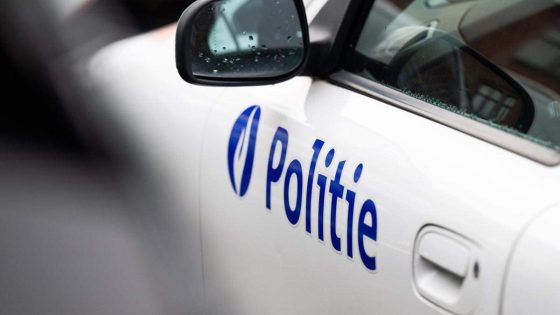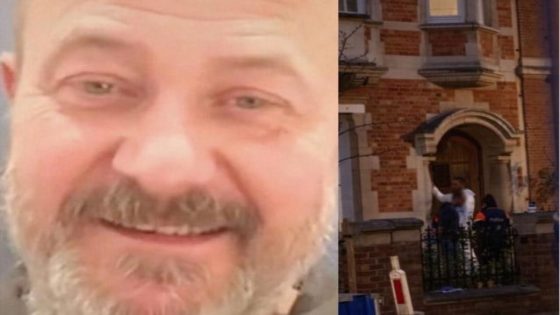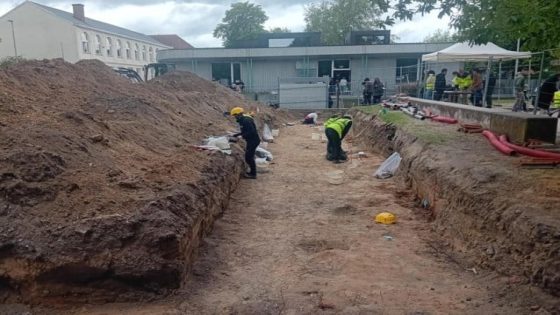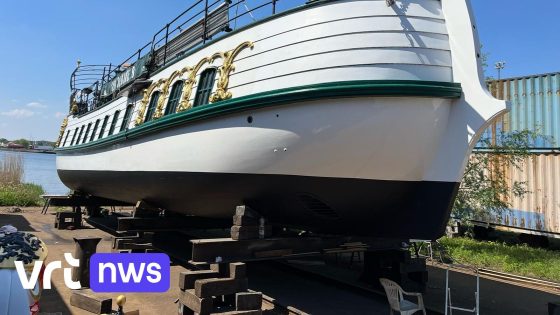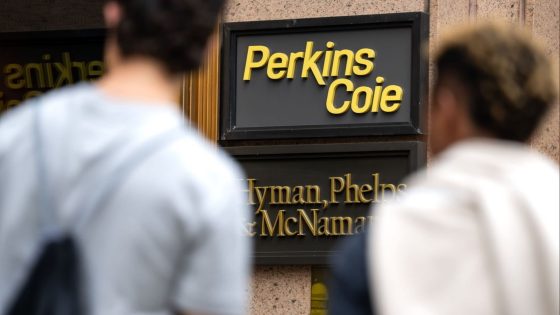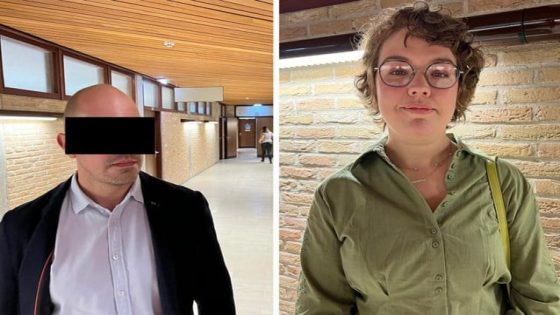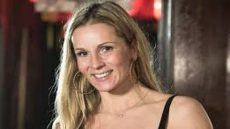The recent class at the University of Chicago, known as “pope class,” has garnered attention as students simulate a historic conclave. With Pope Francis’s passing on April 21, 2025, the atmosphere was charged with both excitement and solemnity.
- Danny Kind's unconventional appearance as a contender.
- His identity as an Ashkenazi Jew from Orlando.
- University of Chicago's "pope class" simulation.
- First interruption by an actual pope's death.
- Students felt the weight of their decision.
- Joseph DePaula's mixed feelings about the event.
Among the students is Danny Kind, an Ashkenazi Jew sporting green hair and a Korn T-shirt, who humorously acknowledges his unconventional candidacy for the papacy. This simulation, led by Professor Ada Palmer, marks the 15th year of engaging students in the complexities of papal elections.
As students gathered at Rockefeller Chapel, a stand-in for the Sistine Chapel, they felt the gravity of their decisions. How does a classroom simulation reflect real-world events? And what does this mean for the future of papal elections?
This blend of education and real-world events raises intriguing questions about the relevance of historical simulations in today’s context. Can a classroom setting truly capture the essence of such significant moments? Consider these points:
- Students engage deeply with historical events.
- The simulation fosters critical thinking about leadership.
- Real-life events can enhance educational experiences.
As students reflect on their experiences, the future of the papacy remains uncertain. Will this unique educational approach inspire a new generation of leaders?






